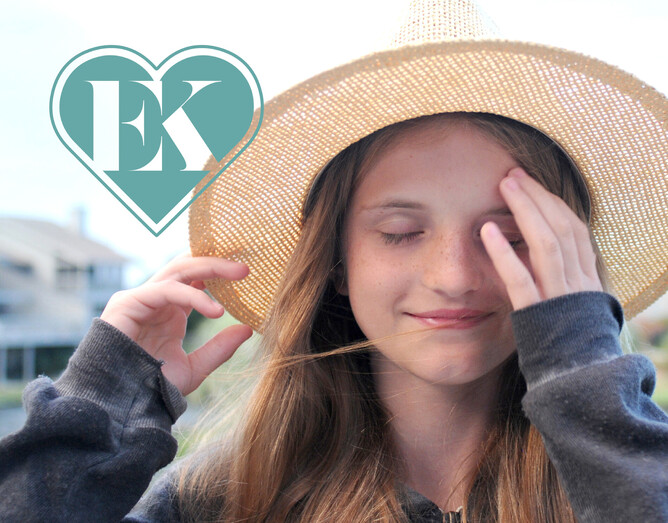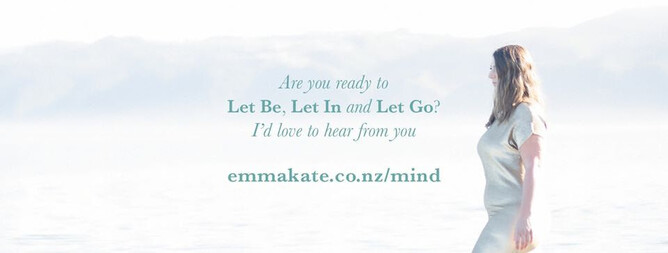It goes without saying that we’re living in anxious times.
The impact of the global pandemic on families has caused more stress and uncertainty in the past 18 months than potentially ever before.
I’ve been up close with anxiety. I was born with a rare heart condition called truncus arteriosus. There was very little hope that I’d live past childhood and an even lower chance of living a long life.
This Christmas, I’ll turn 47. I’m the oldest person living with this condition in New Zealand and Australia.
My heart condition started a cycle of trauma which I’ve worked hard to break. It caused my parents immense amounts of fear and worry, which, through no fault of their own, was passed onto me. I was an incredibly anxious child, but I defied the odds, dedicated my life to wellbeing practices, and had children of my own.
It all flared up again when my middle son was born with a congenital heart condition. I was now in the position my parents were - scared for my child’s life and cultivating an environment of anxiety around our family.
Children pick up so many cues from their parents and caregivers. If we’re stressed out, juggling responsibilities, and only just managing to contain our own anxiety, our kids are absorbing all of this.
Regular adult life and all the juggling it takes to raise a family can already be enough of a stressor. This all becomes extra hard when you have a child going through diagnoses, hospital visits, and managing health conditions.
Add to that the layers that Covid is now bringing to our everyday life and you have a recipe for mental disaster.
With parents’ attention stretched between care-taking, working from home, social distancing, and the mental burdens that come with that, they start missing important cues from their children. The children in turn pick up their parents’ stress and anxiety, causing them to misbehave, act unusual, or be anxious.
It all starts with the parents
Raising emotionally resilient children starts with giving parents the tools they need to look after their own mental wellbeing. Teaching parents to self-regulate has an enormous positive impact on the whole family. In this process, the whole family becomes more resilient and learns how to build emotional literacy.
Compassion for ourselves is key. We can’t be expected to get it right every time, but as parents, we need to know how our moods affect our children’s mental wellbeing. Showing them healthy emotional coping strategies - leading by example - is better than bottling it all up in the name of being a “perfect parent”.
Helping break the cycle of stress and anxiety is simple, but in no way easy. It means trying to stop, pause, and breathe before reacting to our stress around our kids. Demonstrating these techniques in front of them means they will in turn learn to self-regulate their emotions as they grow. Don’t be afraid to explain to them why we make funny breathing sounds when we need to relax.
Sometimes my kids took my mindfulness techniques quite literally. If I was showing signs of getting worked up, they would say “mum, I think you need to go and meditate.” I would either laugh or want to scream. I try to always choose the former.
Self-Compassion & Validating your feelings
Having compassion for ourselves and our children is a great place to start. Furthermore, we need to normalise and validate our feelings and emotions, instead of trying to push them away and hope for a magical solution. There will always be anxiety and trauma in your life but it's your choice how to respond to it. And your reaction determines the kind of life you and your children live. Choose a life that is true to your values, dare to be vulnerable, and in turn live a rich life full of joy and meaning.
When I first started to meditate, I noticed I was much more compassionate towards myself when I lost it with my kids and had started yelling. I didn't become trapped in the guilt cycle thinking how bad of a mom I was for yelling at my kids. I slowly learned that we are all human and we all make mistakes sometimes, and that it's okay. I will apologise to the kids and talk to them so they can understand. I will explain to them why I felt overwhelmed and how that caused me to yell. I will then give them a long 15-second hug.
Did you know it takes at least 15 to 20 seconds for your mind to absorb something good like a hug, but only a fraction of a second to absorb a negative thought or feeling?
3 tips to quickly create a positive home environment
Let's recap and make this easy. When you as a parent learn to take care of your mental and physical health, your children will benefit in 2 ways:
- You pass on more positive feelings, instead of anxiety.
- Live by example: Your children learn how to take care of their mental and physical health, which will raise them into resilient adults.
Here are three ways how you can take care of you and your family:
1. Accept and normalise your feelings.
Have a little compassion with yourself. You are doing the best you can. You are allowed to feel anxious, angry or sad sometimes. You're not a worse parent for it.
2. Take a deep breath.
We're so used to hearing this sentence, we forget how meaningful it is. Taking a breath literally means taking a small pause before you react. And in that little space, that can be as short as a breath, you can create distance between you and your feelings. This is what's called mindfulness. It gives you a chance to react from a calm place, rather than an emotional one. The more you practice, the easier it gets. And mindfulness meditation is a great way of practicing.
3. Self Care
You need down time. Time for just you. Whether that's taking a long bad, a refreshing walk in nature or booking a massage. Everyone needs this, more than ever. When you take care of yourself, you will be able to show up for your family in a more meaningful way. Remember that you can't pour from an empty cup.
And #4: Long hugs. Because I believe we all need some extra love to get through these turbulent times.






